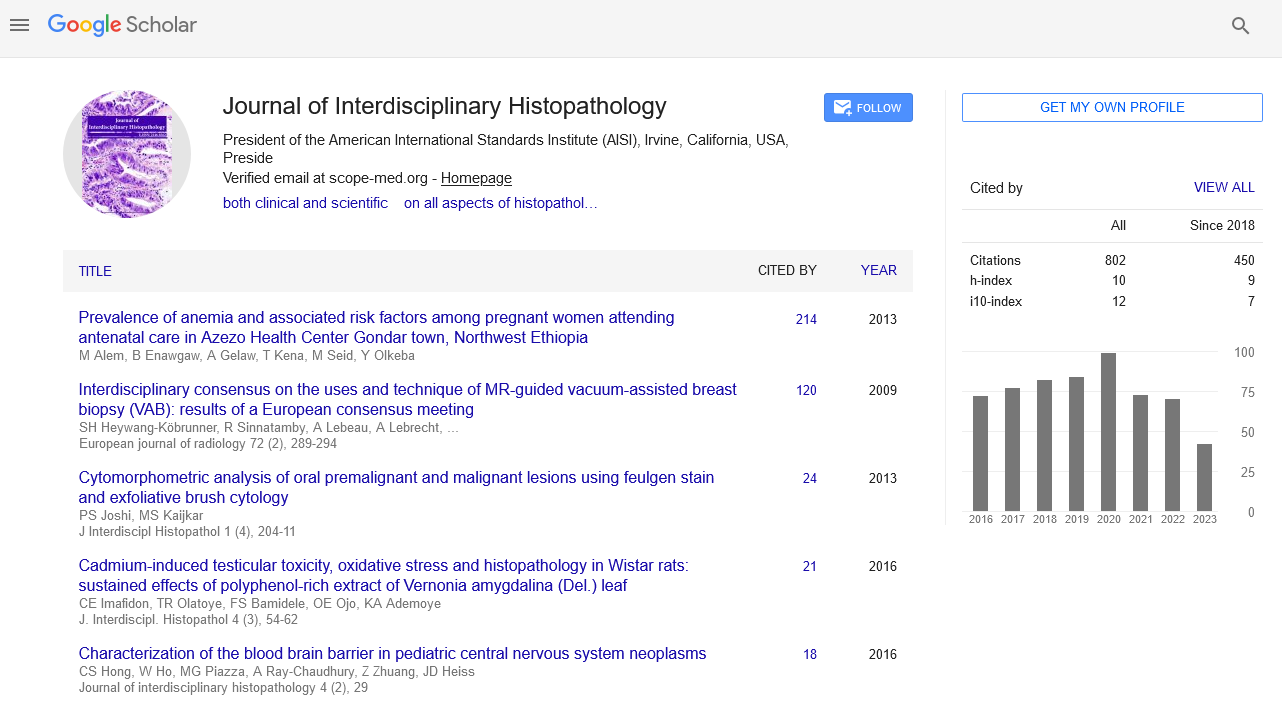Undifferentiated Sarcoma Induced by BCNU (1,3-bis(2- chloroethyl) -1-nitrosourea) Wafers
Abstract
Daniela Alexandru, Mark E. Linskey, Ronald C. Kim, Daniela A. Bota
Malignant gliomas are the most aggressive type of brain tumor, with poor prognosis after recurrence. The most common site of recurrence is within two centimeters of the resection margin. BCNU (1,3-bis(2-chloroethyl)-1-nitrosourea) wafers (“BCNU wafers”) are used to deliver local high dose chemotherapy around the resection cavity, and serve as a treatment option for treating malignant gliomas in an effort to delay tumor recurrence. We present the case of a fifty three year old woman who developed rapidly progressive sarcoma in her bone flap after the placement of BCNU wafers. Initially the patient underwent resection and conventional radio-chemotherapy treatment for her disease. Once the glioma recurred, a new resection was performed and the patient underwent placement of BCNU wafers. Soon after the placement of the BCNU wafers, an aggressive sarcoma developed in the patient’s bone flap which eroded rapidly through her scalp. The patient died soon after her sarcoma diagnosis. As the patient’s bone flap was not exposed to any mutagens, such as radiation or chemotherapy, and the only chemotherapy the bone flap came into contact with was the nitrosourea from the BCNU wafers, we believe that the local chemotherapy was directly responsible for inducing the rapidly expanding sarcoma which ultimately led to the death of the patient.






